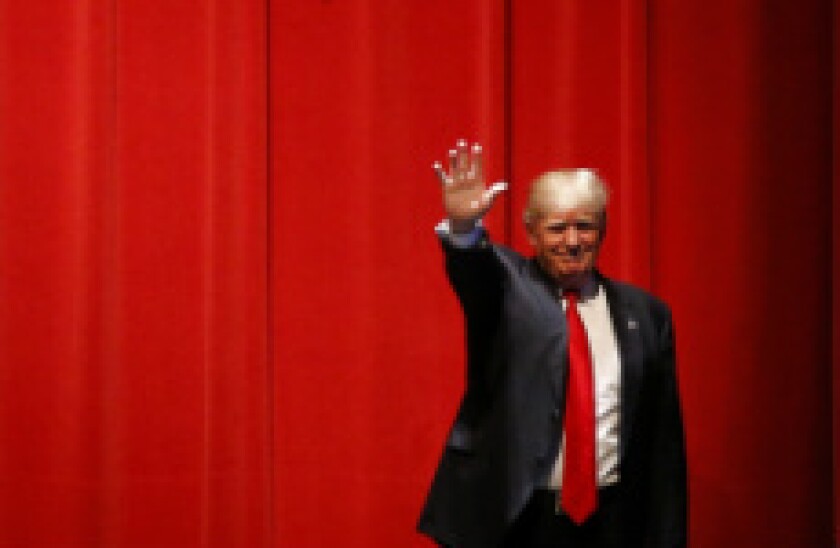Tensions between the US and China sparked back into life on Tuesday when Trump accused China of continuing to “rip off” the US. The US trade team tasked with negotiating a truce in the trade war between the two countries had arrived in Shanghai the same day.
“China is doing very badly, the worst year in 27 — was supposed to start buying our agricultural product now – no signs that they are doing so,” he tweeted. "That is the problem with China, they just don't come through.”
Nevertheless, the US and Chinese team wrapped up a brief round of trade talks on Wednesday.
The negotiation included further purchases of US farm goods, according to a statement by the White House. Both the sides also reached an agreement to hold the next round of trade talks in September in Washington DC.
“Both sides, according to the consensus reached by the two leaders in Osaka, had a candid, highly effective, constructive and deep exchange on major trade and economic issues of mutual interest,” according to an official statement from the China Ministry of Commerce following the talks.
But the truce was interrupted abruptly on Thursday afternoon US time, when Trump tweeted that he would impose a new 10% tariff on $300bn of Chinese goods not yet subject to US duties. The fresh tariffs will go into effect on September 1.
The US has already imposed a 25% tariff on $250bn of Chinese goods.
“The cold hard reality is that trade wars are very bad for economies, and it was clear from [Federal Reserve] chair [Jerome] Powell’s comments yesterday that the Fed is starting to get quite worried about the trade situation,” Kristina Hooper, chief global market strategist at Invesco, wrote in a Friday note. “And so it stands to reason that President Trump’s threat of additional tariffs would send stocks plummeting.”
The Shanghai Stock Exchange Composite Index was down 1.41% on Friday afternoon local time, while the Shenzhen SZSE Component Index was 1.42% lower. Hong Kong’s Hang Seng had dropped 2.29%.
*
The PBoC announced on Wednesday that it will increase the re-lending quota of small and medium-size banks to micro and small enterprises and private companies by Rmb50bn ($7.24bn) to reduce their financing costs.
*
Chinese president Xi Jinping chaired the Politburo meeting on Tuesday. The meeting reviewed the country’s 2019 first half economic performance and set plans for the second half of the year.
The Politburo pledged to further boost the economy by putting emphasis on increasing demand and infrastructure projects but declared that the property market will not be used as a form of short-term stimulus.
“The overall policy tone from today’s Politburo meeting was more dovish than it was in April,” Yu Song, chief China economist at Beijing Gao Hua Securities, wrote in a Wednesday note. “However, the actual policy stance has been slightly less supportive in recent weeks, with a combination of higher repo rates and lower local government bond issuance.”
The meeting also did not mention raising the local government bond quota or use the term “structural deleveraging”, Song added.
*
China suspended the issuance of individual travel permits to Taiwan for residents in 47 major cities, according to a Wednesday statement. The Ministry of Culture and Tourism did not specify when issuance will be restored.

